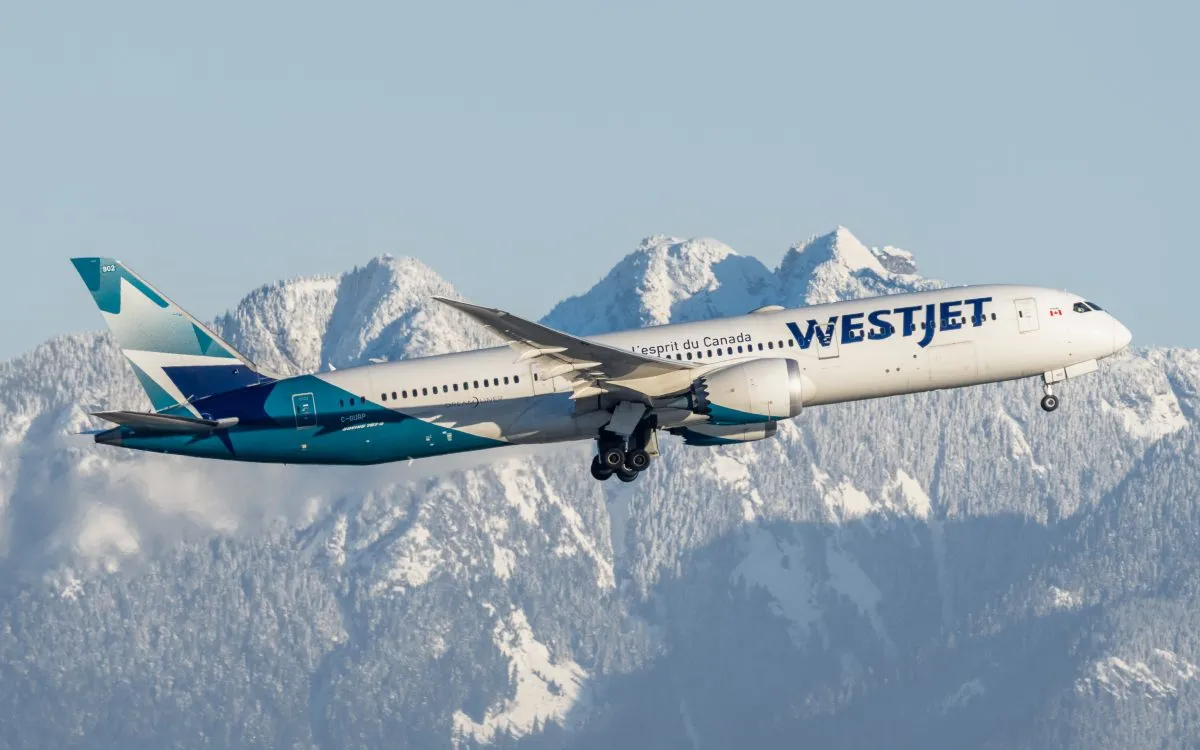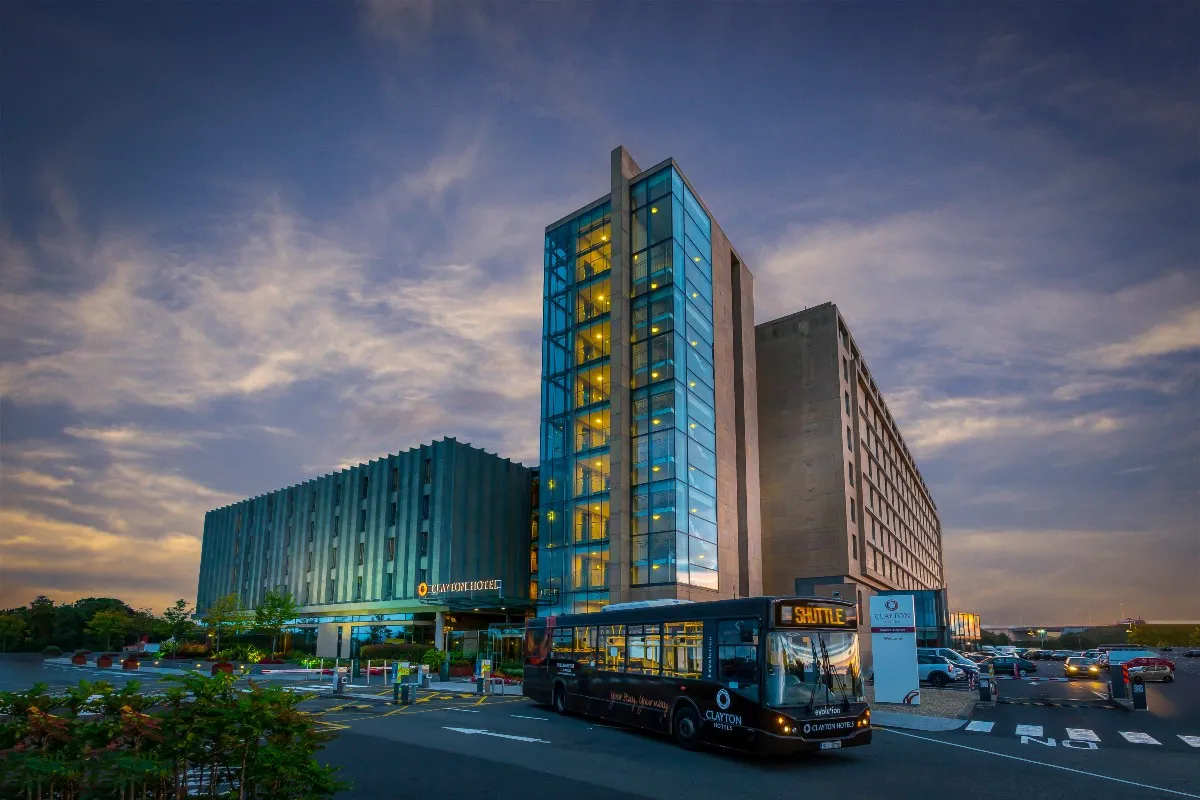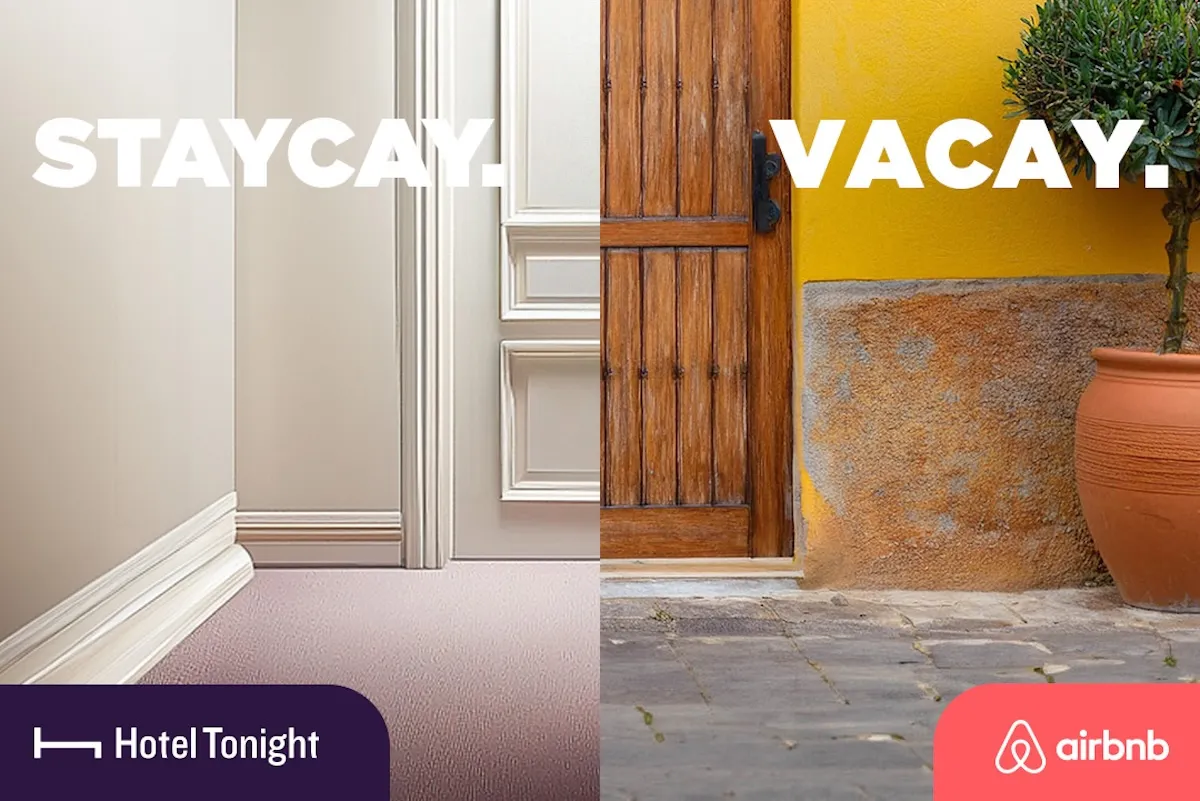Mandarin Oriental’s New CEO: His Plan to Double the Size of the Luxury Hotel Brand
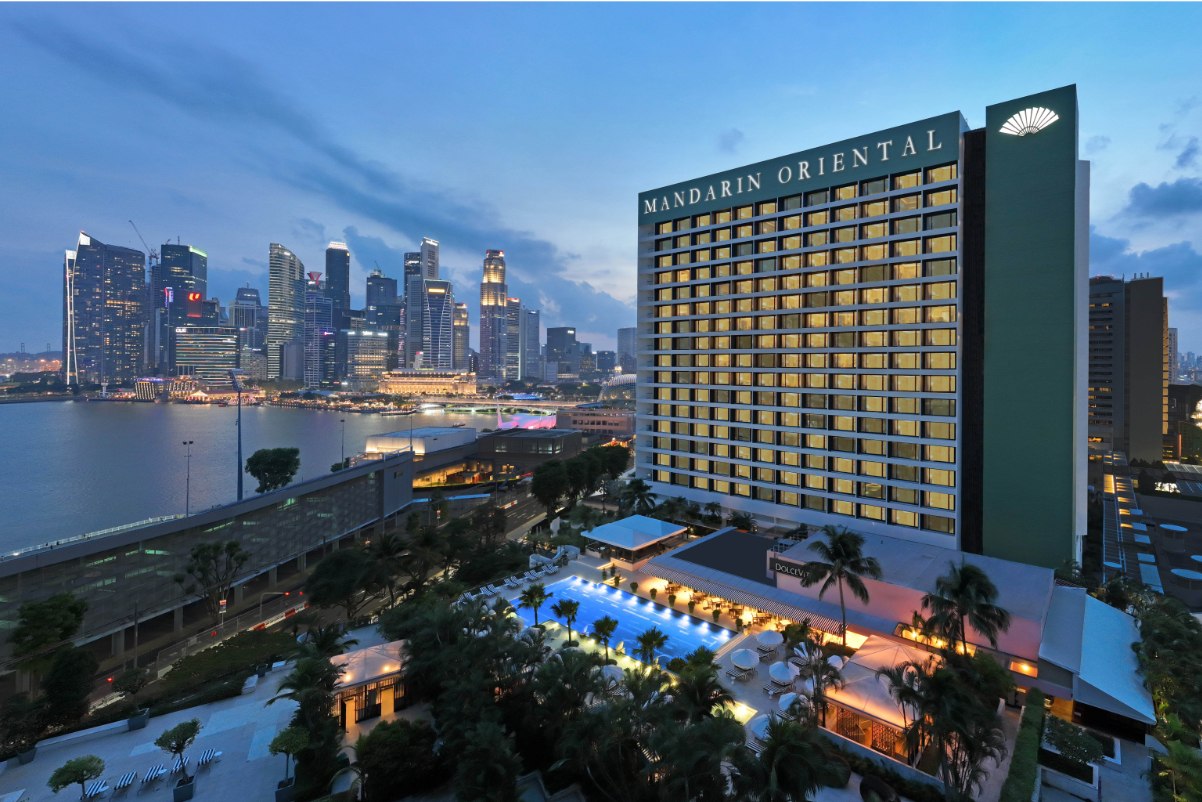
Skift Take
A year ago, Mandarin Oriental appointed Laurent Kleitman as Group CEO. Now, the venerable luxury hotel brand is poised for what it hopes will be accelerated growth — without sacrificing the attention to detail that has made it a favorite among the global elite.
Today, Mandarin Oriental manages 41 hotels, a number Kleitman intends to double. "There is room for more," he asserts, envisioning a "sweet spot" of "80 to 100 properties."
Kleitman has a pedigree in luxury goods, with previous roles at LVMH's Perfumes Christian Dior and Coty. "I've discovered a world of experiential luxury," he said to Skift in his first major interview as CEO. "Experience is what will define luxury in the future."
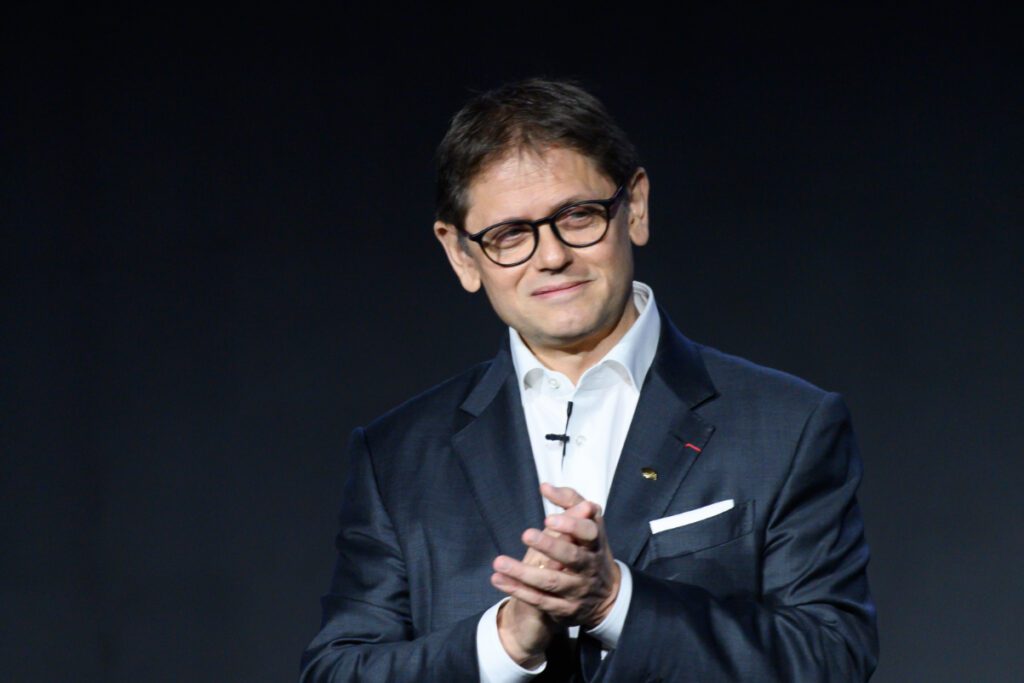
A New CEO's Plan
When asked about Mandarin Oriental's brand DNA, the Hong Kong-based executive recounts when he and his family were guests at the brand's Bangkok property restaurant more than two decades ago. It was a simple act — the discreet laundering and pressing of his young son's stained shirt after the boy had spilled tomato sauce on it during dinner — that wowed him.
"It stayed with me forever as an exceptional level of service delivery, an exceptional level of guest centricity."
Kleitman framed this anecdote as both origin story and mission statement for his tenure at Mandarin Oriental. His strategy is threefold: elevate the brand, accelerate portfolio growth, and drive innovation.
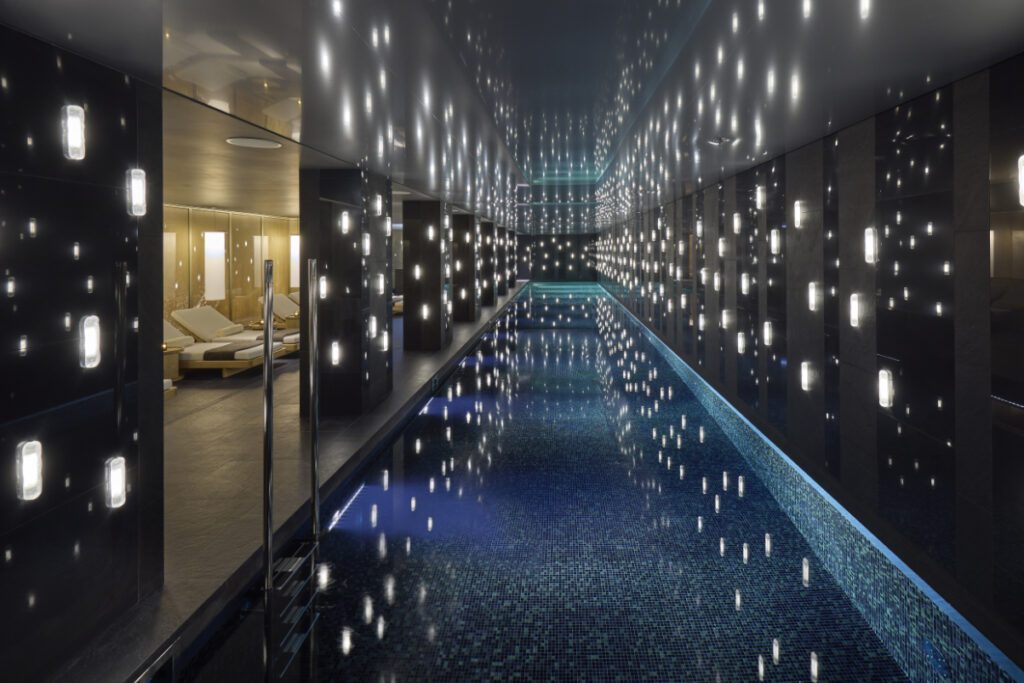
Financial Backing
Mandarin Oriental is 80% owned by Jardine Matheson Group — a Global Fortune 500 conglomerate whose largest shareholder is the Keswick family.
"Jardine Matheson Group and the Keswick family [are] very, very supportive and extremely keen to see how we can realize more growth from luxury hospitality," Kleitman said.
In the first half of the year, Mandarin Oriental generated $23 million in profit — about the same as a year earlier on an adjusted basis.
The company has been slowly in selling the hotels it owns. It made $216 million on a Paris hotel this year and $77 million on a Jakarta property in 2023. The asset shedding has helped reduce pandemic-related debt. The company halved its debt to $110 million during 12 months through June.
Seeking the Right Amount of Expansion
Kleitman insists that property growth will be strategic, focusing on key markets where the brand lacks presence — without becoming commonplace.
"It's like in consumer goods — if you're not distributed, you're not seen," Kleitman said. "We open next year in Vienna, we've signed Budapest, we're going to be in Rome soon. If you're not present in those very important hubs for luxury and tourism, you're not part of the game."
Some experts warn that when ultra-luxury brands expand, they dilute the quality of their bespoke services. The average size of ultra-luxury hotel brands is about 25 properties.
Yet Kleitman is adamant that Mandarin Oriental will remain, in essence, a boutique operation. "We are a small company and will remain, despite the growth, still a very small company," he said.
The brand's strategy to win hotel owners and partners is to stay small enough that its CEO can maintain personal relationships, representing a default upper limit on portfolio size. For guests, exclusivity matters. As for Mandarin Oriental, it's incentivized to ensure that its room rates are at the top end of the peer set in any market, and scarcity helps support demand.
"I'm looking for the type of owners who have a passion for what they're building and crafting the product during the development," he said. "When you work with us, no deal is made without me knowing and discussing and helping forge healthy relationships with the owners and to see whether we have a similar understanding of the brand."
Ambitions in the Americas
Mandarin Oriental has 28 hotels in development, with five of those deals signed in the past few months.
In the U.S., Mandarin Oriental manages only three hotels — in Boston, Miami, and New York.
"I'm putting the U.S. and the Americas broadly back on the map for Mandarin Oriental," he said.
He noted particular potential in Mexico and the Caribbean and hinted that an announcement in North America would come later this year.
Selling Pastries
Kleitman is exploring retail opportunities. Today, Mandarin Oriental has a few shops in Bangkok that sell its pastries. The CEO is considering expanding the shops to other countries.
"A small cake for a luxury hospitality brand is the equivalent of a lipstick for a luxury fashion brand," Kleitman said. "It's an entry point for consumers."
Taking Wellness to the Next Level
Mandarin Oriental was one of the pioneers of having a full-service spa in its hotels. Kleitman sees chances to innovate in wellness in response to the latest trends.
"We are putting together a concept of 'wellness 2.0', which would mean really being a lot more holistic between physical, emotional, spiritual, and potentially a medical element of health and wellbeing," he said.
Fine-tuning the Marketing
Based on his work in luxury retail, Kleitman sees room for improvement in Mandarin Oriental's marketing.
"Maybe [in hospitality in general] there's too much of a real-estate mindset and not enough of a branding and guest mindset," he said.
Kleitman would like more storytelling that puts the client at the center rather than the functions at the center.
"Guest centricity means that rather than only showcasing the food, beverage, wellness rooms, check-in, concierge, etc., we highlight the guest journeys, what people are experiencing before, during, and after," Kleitman said. "The guest's journey is an obsession of mine."
That said, Mandarin Oriental will maintain its global advertising campaign "She’s/He’s a Fan," which launched in 2000 and has prominently featured celebrities who have been guests. As part of the campaign, the brand donates to a charity on behalf of each celebrity.
Overall, the CEO likes the brand's positioning.
"We have done a lot of research in the last 12 months, and the awareness of Mandarin Oriental is way higher than you would have thought for the size of our network," Kleitman said. "Brand awareness is as high as for brands with three or four or five times more hotels than we have."
Tech Investments
Kleitman speaks of leveraging technology to enhance the guest experience. Up first is a mobile app in development that promises to "eliminate all pain points" of luxury travel.
"There's a misconception that luxury clients don't like technology," he said. "It's not true. Technologies like our mobile app should make more delights feasible. We can make the arrival experience a lot better, for example."
Seeking Luxury Partnerships
Kleitman praised the brand's loyalty program alliance with India's Oberoi Hotels. He hinted at more collaborations with others in the pipeline.
"Great brands partner with other great brands," he said.
Branded Residences and Vacation Rentals
Mandarin Oriental runs a dozen branded residential projects and two dozen homes and villas that can be rented exclusively.
"Branded residences will very often go together with the development of our hotels," Kleitman said.
But don't expect Mandarin Oriental to own most of these properties. Today, it owns or partially owns a dozen of the 41 hotels it manages and hardly any of its residences or rental homes.
"Asset-light is a preferred model," Kleitman said.
The asset sales have boosted Mandarin Oriental's wherewithal to hire the talent it needs to scale up more quickly. As of June, the company had $254 million in cash and $356 million in a bank facility.
Hiring Talent
Mandarin Oriental faces stiff competition from other high-end hotel brands such as Four Seasons, Rosewood, and Aman — all of which are also in expansion mode.
Kleitman said hiring well to balance global reach and bespoke service would be critical.
"Getting the best talent in the market and enhancing training and retention — all of that plays a massive role in enabling our vision," he said. "Exceptional performance doesn't come by chance."
Accommodations Sector Stock Index Performance Year-to-Date
What am I looking at? The performance of hotels and short-term rental sector stocks within the ST200. The index includes companies publicly traded across global markets, including international and regional hotel brands, hotel REITs, hotel management companies, alternative accommodations, and timeshares.
The Skift Travel 200 (ST200) combines the financial performance of nearly 200 travel companies worth more than a trillion dollars into a single number. See more hotels and short-term rental financial sector performance.


